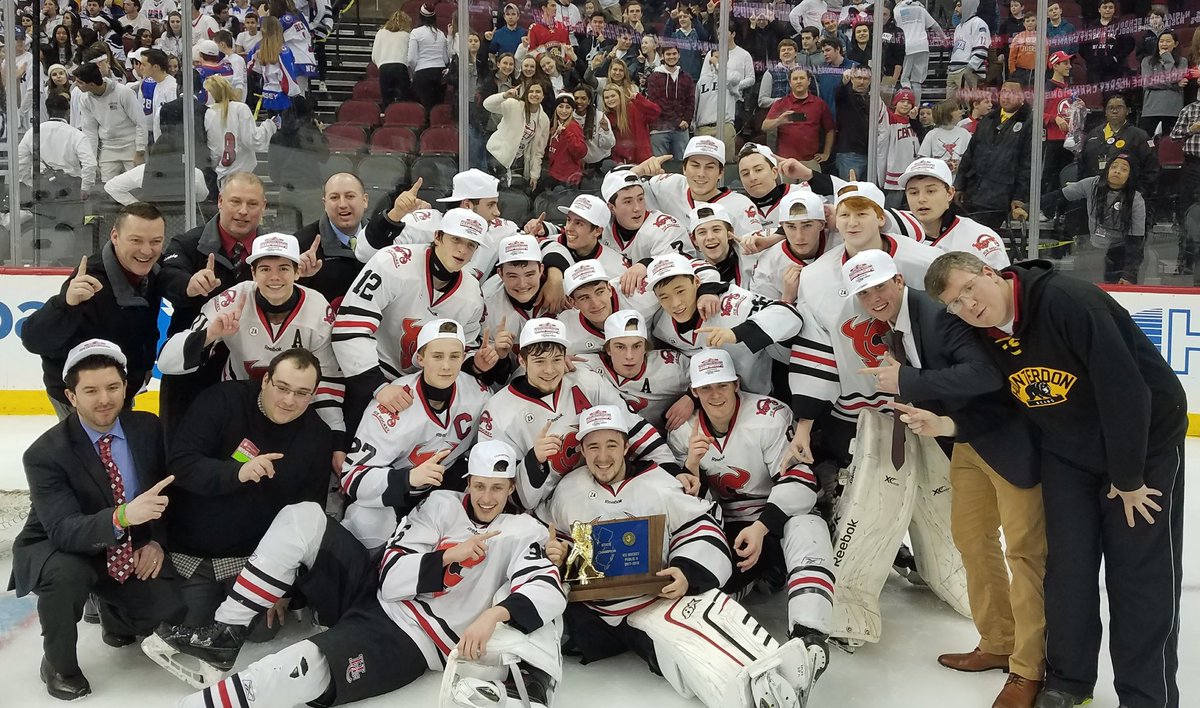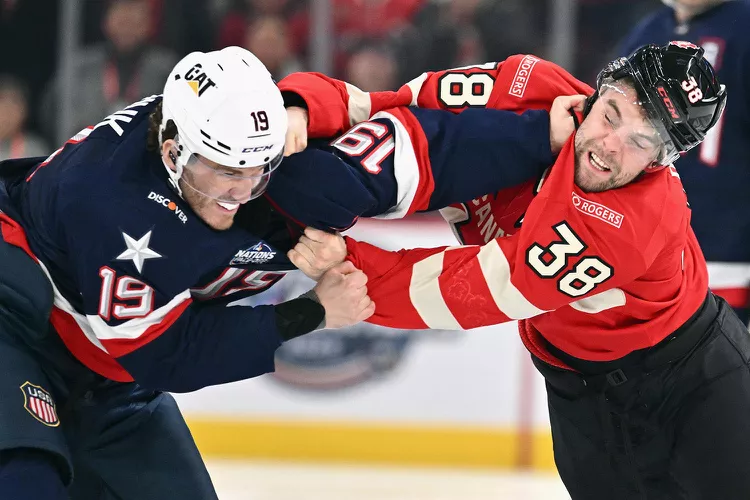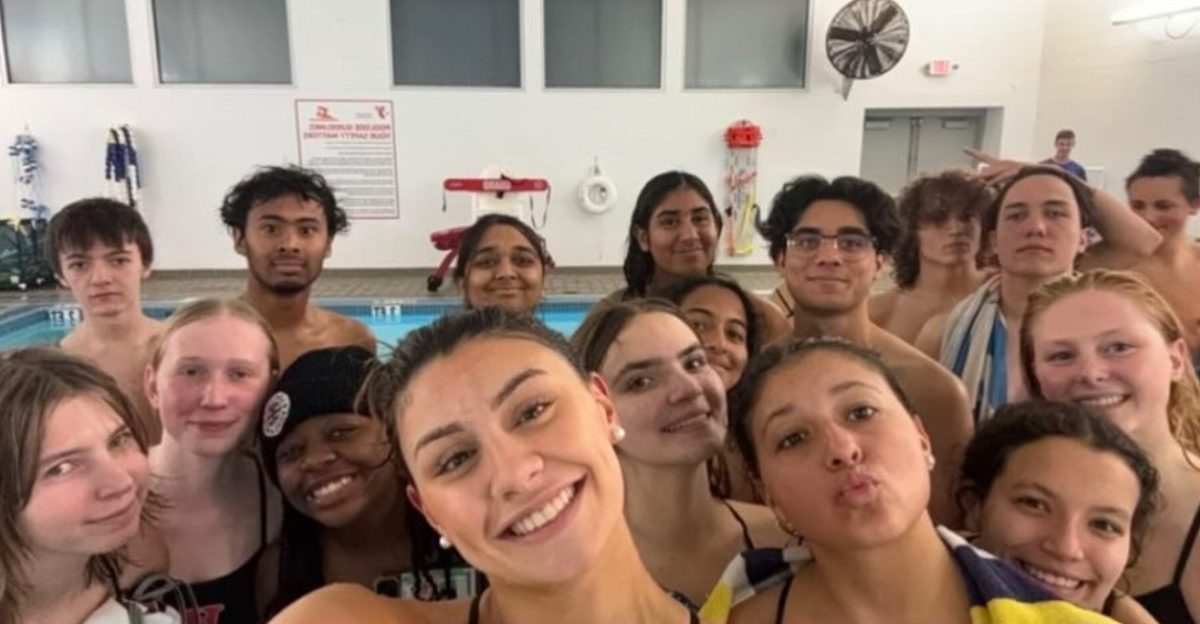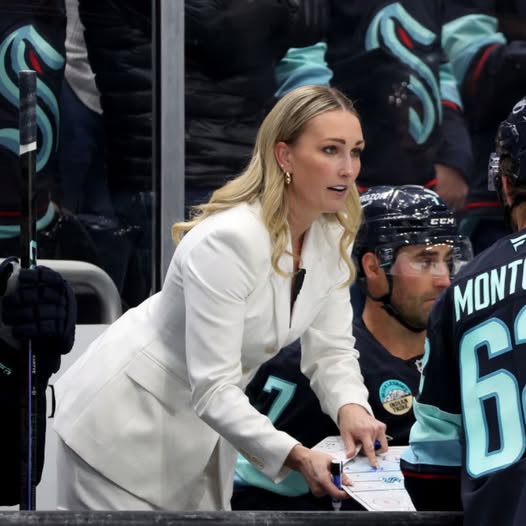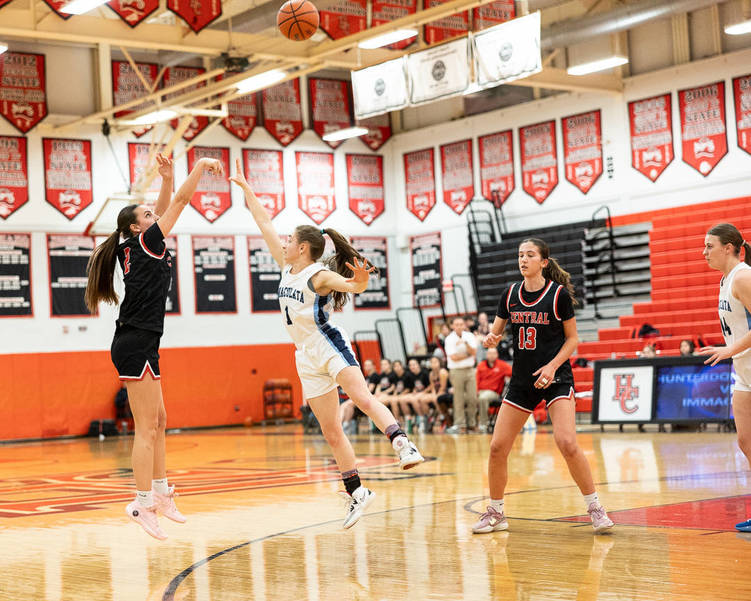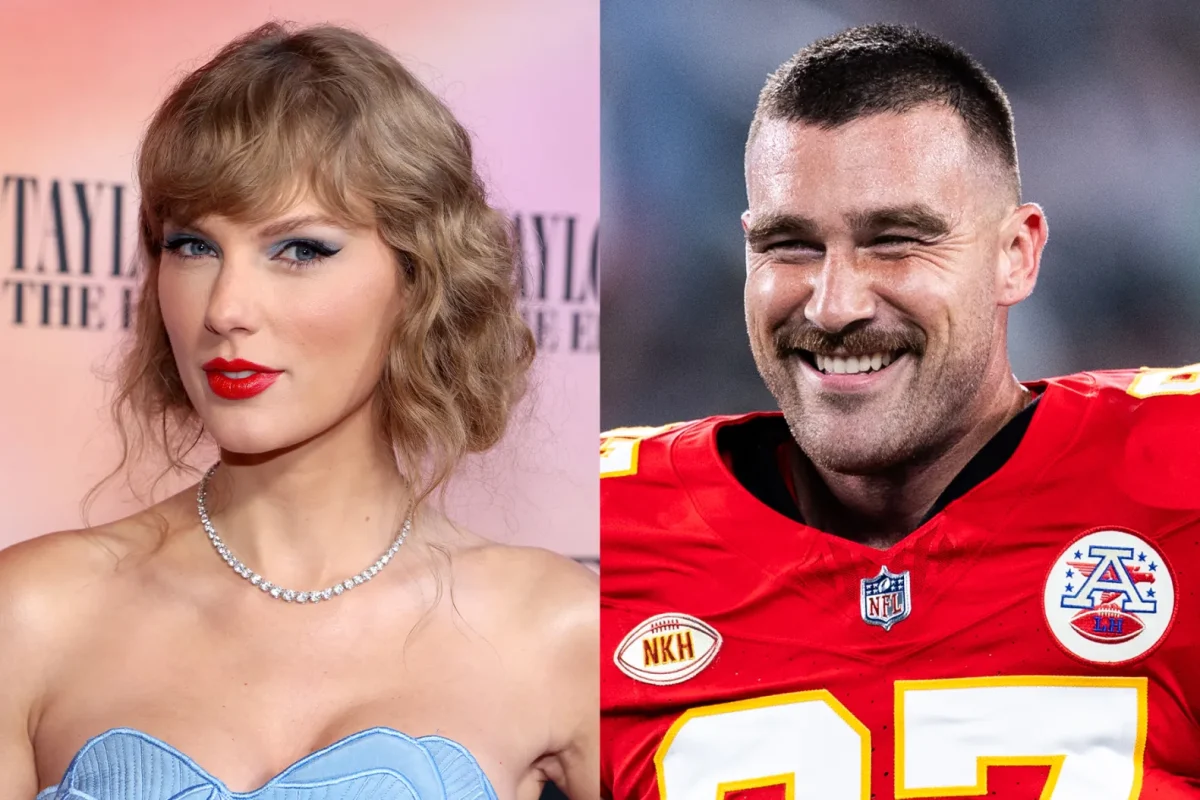As the fall sports season comes to an end, there are many HC winter sports to look forward to. A fan favorite among the student body is none other than our very own ice hockey team. They play at the local Flemington Ice Arena, just down the road from Central. Along with the growing anticipation comes many preseason questions, so I asked Coach Murphy for the scoop.
How has the Hunterdon Central Ice Hockey program changed or evolved under your leadership?
I’ve been with the program since 2012. My first six seasons as an assistant coach, and since 2019, as head coach. When I was assistant coach, our focus was on defining our culture and pushing our program to become better. From 2010-2011 to 2011-2012, the team’s record was 2-40-2.
Now, we are focused on playing the toughest schedule we can to challenge our players. Each year we set new goals, however, our focus as a team is first and foremost speed – we need to play as fast as possible, in all three zones, and with that, our fastest players fit in the best around this mindset. In this sport, speed trumps everything! Our next focus is how we play in our defensive zone. We have been very good in keeping the puck out of our net, and we need that to continue. Lastly, we believe in our structure (system and concepts) that allow us to play effectively in all three zones, while providing our players the opportunity to make plays and be creative.
What is your main philosophy with creating offensive lines and defensive pairings?
Our philosophy around forward lines and defensive pairings is balance. It is great to have a stay at home defenseman with an offensive minded defenseman who can push the tempo, jump into the rush, and create plays. Both work very well together and our game, from the perspective of a defensemen, is best when we have this balance in our pairings. On the forward side, we try our best to balance our wings around goal-scorers and play-makers, and our centers around offensive-minded and defensive-minded ones. It is also important to balance our forward speed as best as we can as well. With that said, our forward line combinations will change a lot more than our defensive pairings, especially when we have different players moving into and out of the line-up.
What type of coach are you? An offensive minded coach or a defensively minded coach? Why?
I am definitely a conservative coach, a defensive-minded coach, who believes in structure. I feel playing fast, tough hockey within our structure allows us the best chance of success in every game, and playing good, consistent hockey. Our goal is to perform well in the play-offs. With that said, I learned at an early stage in my coaching career that you have to allow your players to be creative and make mistakes. This is important as long as we are not making the same mistakes later in the season. I feel that we do a very good job of playing with structure while allowing our players to take chances.
What are your biggest concerns coming into the next season as cornerstone seniors have left and graduated?
For the past five years, we have graduated between 9-12 seniors each season. We’ve had a lot of very good players graduate, and every year we find ways to replace those players. After this season, we graduate another 12 seniors, and the year after that, it will be another 12. It is very tough at times, but it is also a great positive for our program, as every year countless players have the opportunity to jump up to varsity, or returning varsity players to compete for bigger and better roles.
For this season, we have a senior goalie returning who won two keys games last season (one a Conference play-off game), we return five senior defensemen (which I have never seen before in the program), our top three forwards in goals and points, as well as numerous forwards with varsity experience, some who played varsity since their sophomore year. As a program, we’re very comfortable transitioning our roster from year-to-year.
Do you prefer your athletes to be a master at one position or be like a Dawson Mercer who could play the center and wing position?
It really depends on the player and how comfortable they are in playing multiple positions. As well as how much experience they have in each position. We currently have two defensemen that can play forward, and a lot of forwards who can play wing and center. It is great to have this flexibility in our players, but we don’t force it. We will play our players where they are most comfortable so they can maximize their success, and with that, the success of our team.
How do you build a relationship with your athletes as a coach? How do you mold them into good players?
One of the toughest things about our sport is that we cannot coach our players when they aren’t playing for us in high school. It’s very tough when you have to constantly break bad habits that they either learn at their club program, or ones that are not properly reinforced. However, there are a lot of instances where their club programs and coaches do a very good job, and we can build off of that experience for the player.
Building relationships with players is about communication. Players want to know where they stand, how they fit into our plans, and their current roles. We communicate effectively with our players and are very honest with them about their abilities and roles within our team. Many of our players thrive with this communication and honesty, and unfortunately, some do not, or it is harder for them to accept. All of this, from coaching our athletes to playing within our structure, to accepting their current roles and striving/competing for better ones, is really based on their character. Coachability, being a great teammate, work ethic, and putting their team first is very important. Having a positive attitude is also a huge piece of the puzzle for players to have success. These are all things that EVERY player can do or improve upon!
In your words, how would you describe player development?
I believe that players develop just as much off the ice than on it. Too many players focus on just their stick skills (shooting and stick-handling) while on the ice, and never build the speed that is needed to fully succeed in hockey with how the game is currently played. Additionally, strength and conditioning is another important part of each player’s off-ice development. Skating (edge control and speed) is the most important part of a player’s development. If you cannot skate it is hard to play this game. It’s amazing how important off-ice development plays a role in a player’s on-ice speed and skating.
Another key to player development, and one that we can play a larger role in with our players in high school, is their hockey sense, understanding our structure (system and concepts). Players that are good skaters, develop speed, strength and conditioning, along with developing their stick skills, and finally their hockey-sense, have proven to be the most well rounded and successful players within our program.
To conclude, hockey sense is a key thing that Coach Murphy likes to see in his developing players while reinforcing a defensively minded squad. He also builds good relationships with his athletes on a basis of communication and honesty which definitely strengthens any team.
